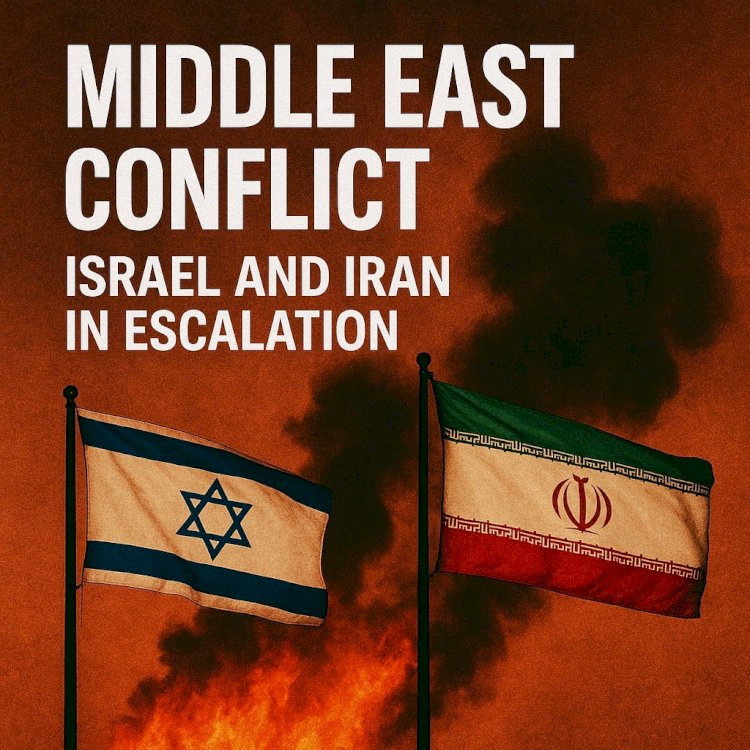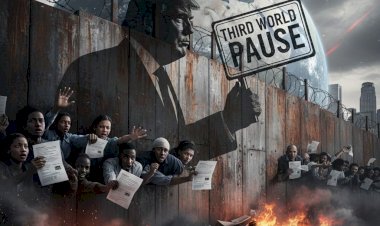Middle East Conflict: Israel and Iran in Escalation

June 14, 2025
Tensions between Israel and Iran have escalated dramatically, with both nations engaging in direct military actions. The conflict, which has been simmering for years, reached a new peak on June 13, 2025, when Israel launched a significant airstrike on Iran's nuclear facilities, followed by a retaliatory missile barrage from Iran.
Operation Rising Lion: Israel Strikes First
In the early hours of June 13, Israel initiated "Operation Rising Lion," targeting over 100 sites across Iran. The strikes aimed at key nuclear facilities, military installations, and the residences of senior Iranian officials. Notably, the Natanz nuclear enrichment facility and Tehran's Revolutionary Guard headquarters were among the primary targets. The operation resulted in the deaths of several high-ranking Iranian military leaders, including the commander of the Islamic Revolutionary Guard Corps (IRGC), Hossein Salami, and the chief of staff of Iran's armed forces, Major General Mohammad Bagheri .
Iran's Retaliation: Operation True Promise III
In response, Iran launched "Operation True Promise III," a large-scale missile and drone attack on Israel. The strikes targeted multiple cities, including Tel Aviv and Jerusalem, causing significant damage and resulting in civilian casualties. At least three people were killed, and over 170 others were injured. The Iranian government vowed further retaliation, accusing Israel of violating its sovereignty and threatening to target U.S. military assets in the region if the U.S. continues to support Israel's actions .
International Reactions and Diplomatic Fallout
The international community has expressed deep concern over the escalating conflict. The United Nations Secretary-General called for an immediate ceasefire and urged both nations to return to the negotiating table. However, Iran has suspended upcoming nuclear talks with the United States, deeming them "meaningless" in light of the recent Israeli strikes .
The United States, while not directly involved in the military actions, has been drawn into the crisis. President Trump has expressed support for Israel's right to defend itself but has also called for restraint to prevent further regional destabilization. In anticipation of potential Iranian retaliation, the U.S. has begun evacuating non-essential personnel from its embassies in the Middle East .
Economic Implications
The conflict has had immediate economic repercussions. Global oil prices surged by over 10%, reaching their highest levels since January, due to fears of disruptions in the Strait of Hormuz, a vital passage for oil shipments. Stock markets worldwide experienced declines, with the Dow Jones Industrial Average falling by 1.79% .
Outlook
The situation remains volatile, with both Israel and Iran preparing for potential further escalations. The international community continues to monitor the developments closely, hoping for a de-escalation and a return to diplomatic efforts to resolve the longstanding tensions between the two nations.

 content-team
content-team 


















